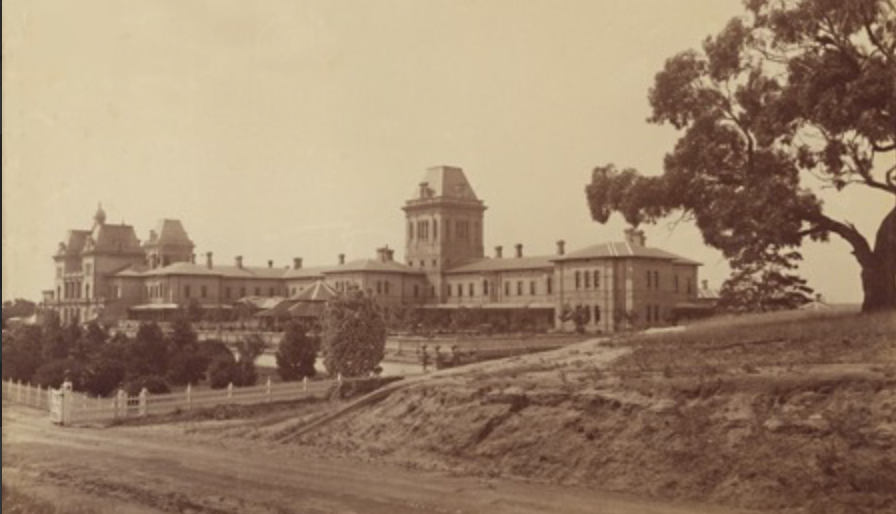Rebels with a cause: Can a rebellious art movement heal the trauma of sex abuse?
- Andrew McIlroy
- Jul 20, 2021
- 3 min read
Updated: Jul 27, 2021

Themed ‘Compassion through Creative Arts’, the ‘Continuous Voices’ project facilitated by the Victorian City of Ballarat hopes to create through creative collaborations a permanent memorial for reflection on the trauma experienced by victims of sexual abuse in all its forms.
But this worthy goal is clouded by a lack of understanding of the complex nature of trauma that threatens to divide and fracture the very community it hopes to unite.
The project’s founders aim they say to ‘connect trauma and creativity to stand for change and resistance against sexual assault and sexual abuse’.
Absent it seems is an understanding publicly at least that trauma experienced by the 'survivors' of sexual abuse is complex; trauma often being multi-layered and intergenerational. The damage potentially from failing to acknowledge such complexity is only compounded by taking a gung-ho approach to dealing with this sensitive health issue in the form of a ‘resistance movement’.
This regrettably is the central theme of the Ballarat Art Gallery’s current exhibition Out of the Darkness: A Survivor’s Journey and concurrent exhibitions around Ballarat co-sponsored by Continuous Voices. Putting to one side the numerous falsehoods throughout, these shows have oversimplified the suffering of survivors, attempting to fit a multitude of experiences into a single overarching framework of resistance, with a flattening effect.
Any true sense of compassion is lost.

Out of the Darkness: A Survivor’s Journey curator Robert House with Michael Peck's painting, 'You and I (A double portrait of son and self' (2017) Photo: News Limited

KAFF-EINE, 'Black Fucking Crows' (2019) Photo: Artist
Compassion by definition is having sensitivity to the suffering of others. Such empathy may give rise to activism in the pursuit of justice but at its heart must be a desire to alleviate another’s suffering. Shaking one’s fist at the bluestone edifices of the city’s churches, presbyteries and schools – as understandable as that is - may help some heal, but more likely will do more harm than good to individuals suffering deep-seated trauma.
To be fair Ballarat Council has laid a process of checks and balances over the ambitions of its collaborating rebellion-inclined artists in relation to the design of a reflective space to memorialise victims of sexual abuse but the creative projects in effect in its name in recent months risk branding the city for generations to come as a one-time haven for sexual predators and risks any wider support of a publicly funded memorial.
Of course, compassion involves allowing ourselves to be moved by the suffering of others and experiencing the motivation to help alleviate and prevent it. But an act of compassion is defined by its helpfulness. To this end compassion best has at its heart kindness and perseverance, warmth and resolve and not rage and blame
Continuous Voices and the City of Ballarat should re-centre its consultation process to bring together artists to better create a space where ultimately survivors can mourn, and perhaps here safely reflect on why they did not get the chance in the first place. Compassion is fundamental to healing but we must be mindful not to add to the trauma of survivors or unfairly stigmatise the city in the process of building a consensus, and a memorial.
Andrew McIlroy is an artist and arts writer
Main Photo: News Limited

Glenn Morgan, 'I saw nothing, I heard nothing, I did nothing' (2016) (Detail) Photo: Artist

Peter Daverington, 'Raft of the CLAN' (2018). Photo: Art Almanac



Comments